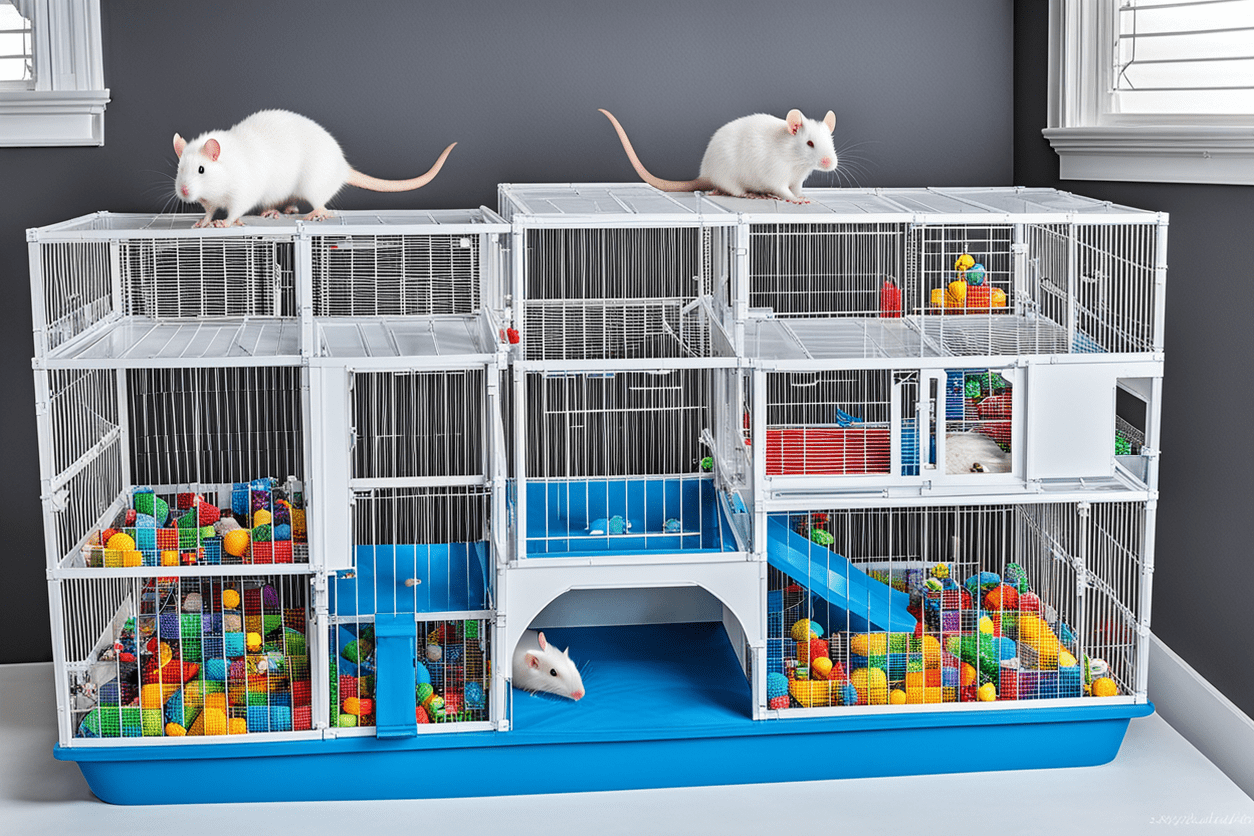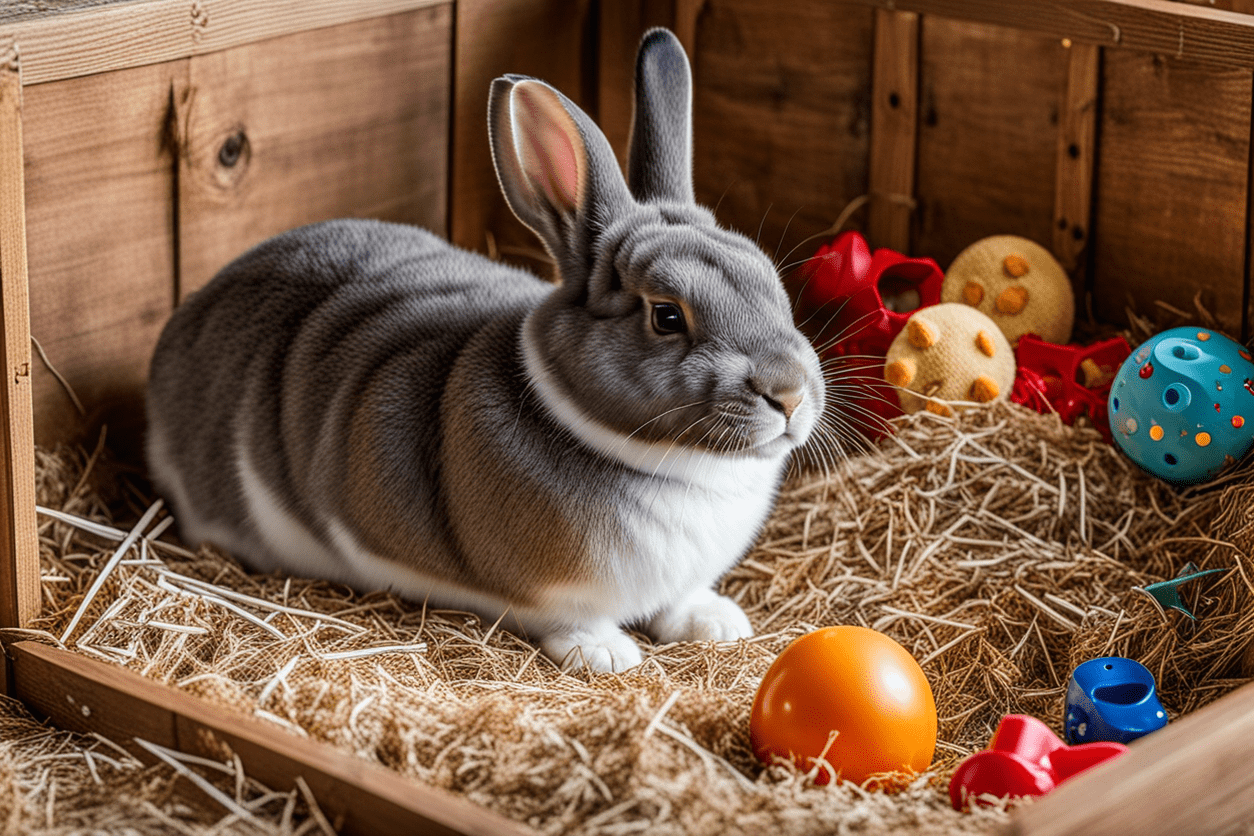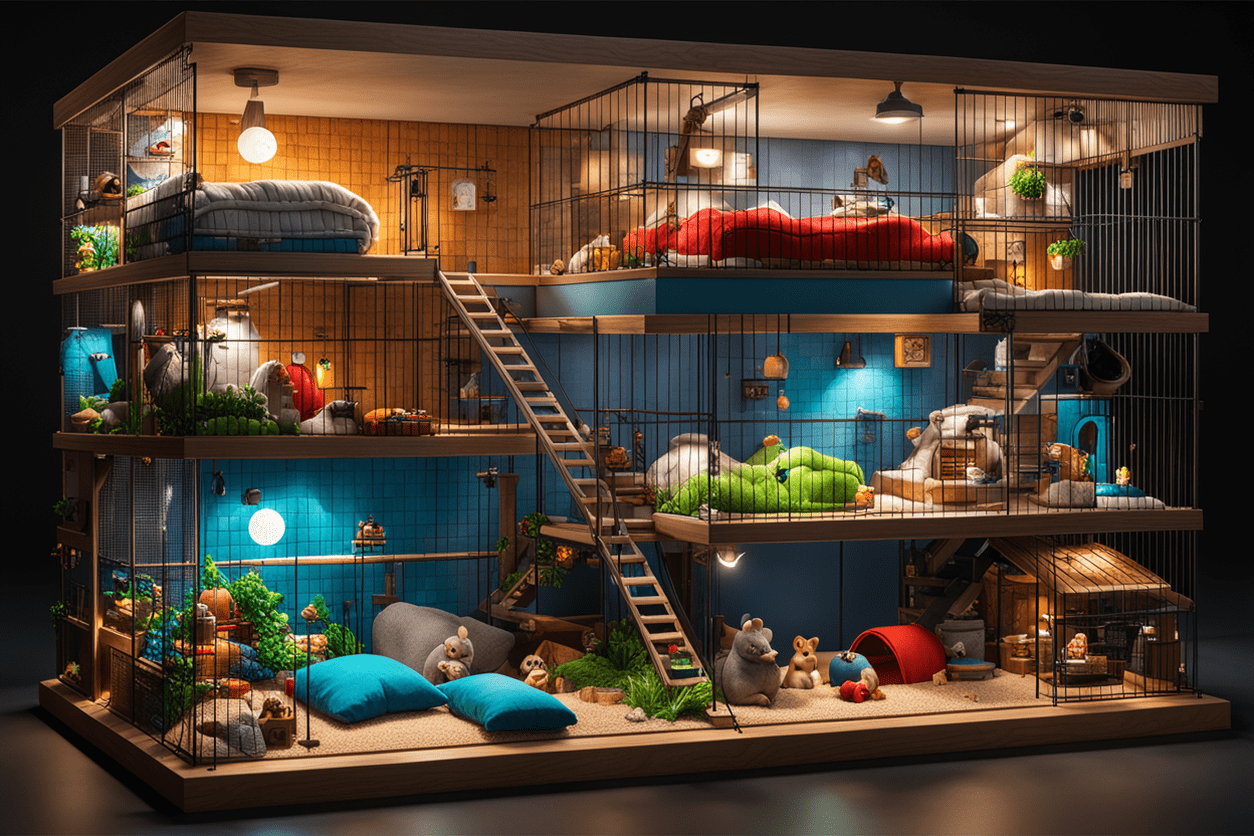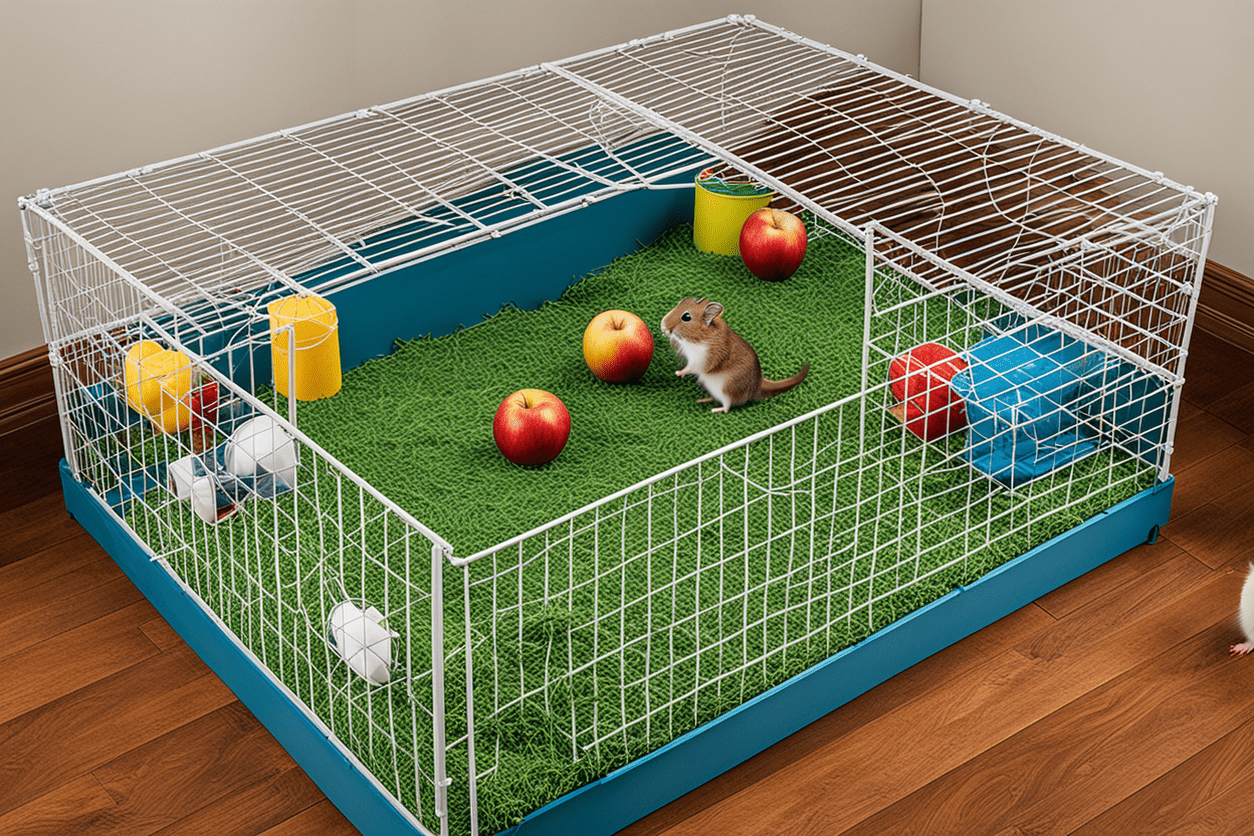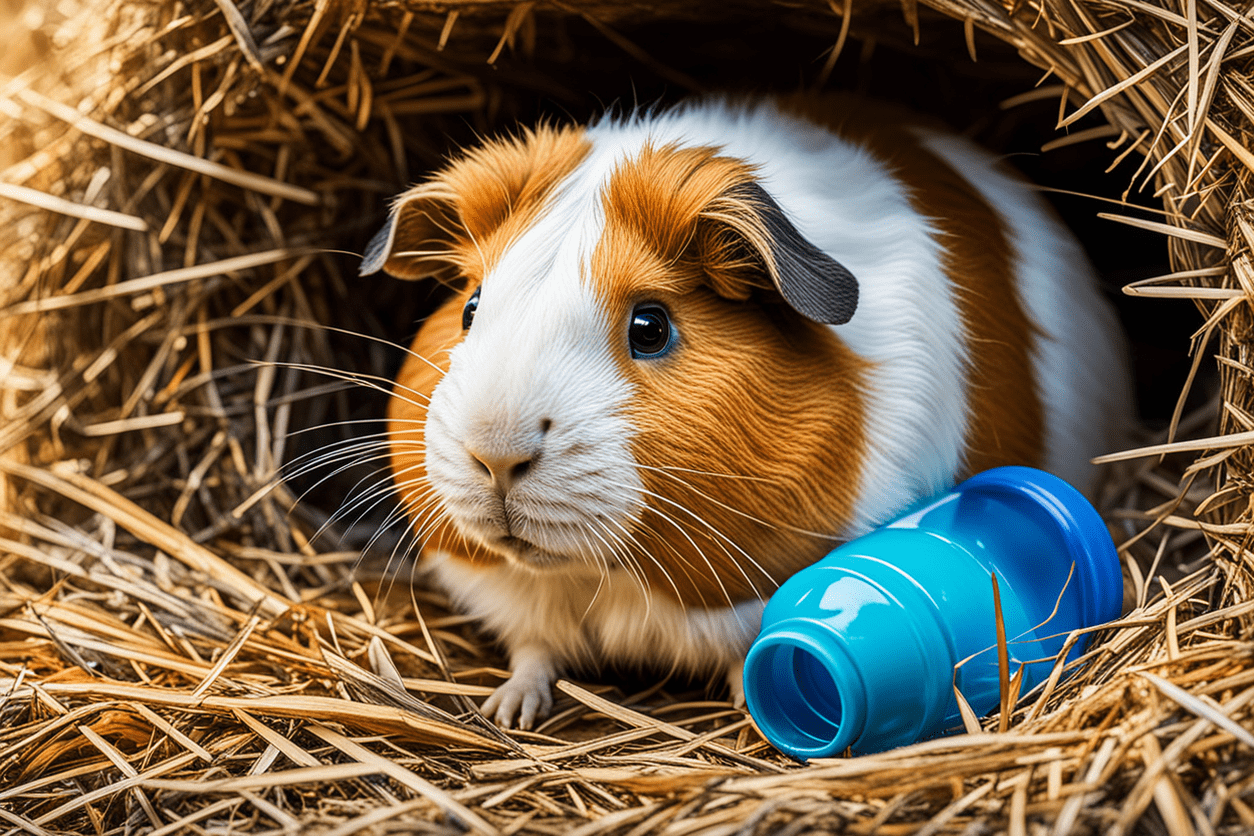The Enigmatic American Bobtail Cat: An In-Depth Guide
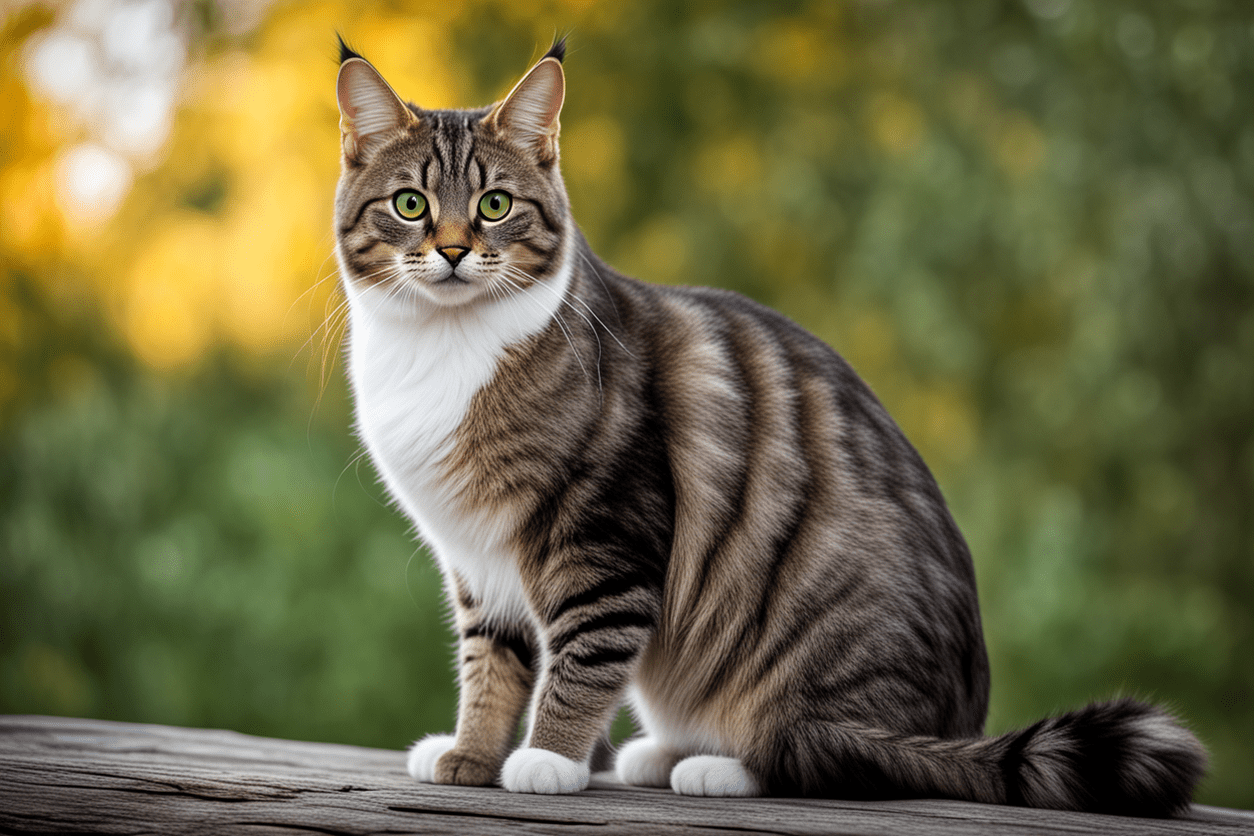
Introduction
The American Bobtail is a captivating cat breed known for its distinctive short tail and wild appearance. Popular among feline enthusiasts, this breed boasts a unique combination of looks, personality, and adaptability. From its rugged exterior to its friendly demeanor, the American Bobtail has captured the hearts of many.
History and Origin
The American Bobtail's roots trace back to the 1960s in the United States. Legend has it that the breed began when a couple, John and Brenda Sanders, found a feral cat with a short tail during their trip. This cat, named Yodie, mated with a domestic female, producing the first known American Bobtails.
Over time, breeders focused on developing the breed's distinctive traits. By the 1980s, cat associations began to recognize the American Bobtail, cementing its status as a unique breed.
Physical Characteristics
Size and Weight
American Bobtails are medium to large cats. Males typically weigh between 12-16 pounds, while females are slightly lighter, ranging from 7-11 pounds.
Coat Type and Colors
Their coat comes in two types: short and long. The American Bobtail's fur can exhibit a variety of colors and patterns, including tabby, solid, and spotted.
Distinctive Features
The hallmark of the American Bobtail is its short, bobbed tail, usually one-third to half the length of a typical cat's tail. They also have almond-shaped eyes, and their ears often sport tufts reminiscent of a lynx.
Personality and Temperament
American Bobtails are known for their affectionate, social personalities. They bond deeply with their human companions and are generally friendly with other pets. Their playful nature makes them great companions for families. Highly intelligent, they are quick learners and often enjoy interactive toys and puzzles.
Health and Lifespan
Common Health Issues
American Bobtails are generally healthy but can be prone to certain genetic disorders. Hip dysplasia, due to their robust build, occasionally occurs. Regular veterinary check-ups are crucial to monitor and maintain their health.
Lifespan
These cats typically live between 13 to 16 years, provided they receive proper care.
Preventive Care
Routine health checks, a balanced diet, and regular vaccinations are essential to ensure their well-being. Regular dental care will also stave off common feline dental issues.
Grooming and Maintenance
Grooming Needs
The grooming needs of an American Bobtail depend on their coat type. Long-haired Bobtails require more frequent brushing to prevent mats, while short-haired variants need minimal grooming.
Other Maintenance Needs
Nail trimming, ear cleaning, and dental hygiene are critical for their overall health. A nutritious diet tailored to their needs will keep them in top condition.
Living Environment
American Bobtails are adaptable cats that do well in various living environments, whether it's an apartment or a spacious home. However, they thrive inside where they can interact with family members and enjoy the safety of their homes.
Interaction with Family and Children
Compatibility with Children
American Bobtails are known for their patience and gentle nature towards children. They enjoy playing and being part of a bustling family.
Interaction with Other Pets
They generally get along well with other pets, making them a good choice for multi-pet households. Their sociable nature and playful disposition ensure they fit in easily.
Ideal Family Type
These cats are ideal for families who can provide ample affection and interaction. They are equally suited for individuals looking for a loyal and entertaining companion.
Adoption and Breeder Information
Finding Reputable Breeders
When looking for an American Bobtail, it's critical to find reputable breeders. Ensure breeders provide health guarantees and are transparent about the kitten's background.
Adoption Considerations
Adopting from a shelter can be a rewarding experience. Always inquire about the health and history of the cat and ensure it fits your living environment and lifestyle.
Cost
The cost of purchasing an American Bobtail from a breeder ranges from $600 to $1,200. Adoption fees are usually lower but vary by location and shelter.
Fun Facts and Trivia
- American Bobtails are known for their dog-like personalities.
- They are often used as therapy cats due to their gentle nature.
- Unlike many cats, they are known to enjoy leash training and outdoor walks.
Frequently Asked Questions (FAQs)
What is the average size of an American Bobtail?
American Bobtails are medium to large cats, typically weighing between 7 and 16 pounds.
Are American Bobtails friendly?
Yes, they are known for their affectionate and sociable personalities.
How long do American Bobtails live?
Their typical lifespan ranges from 13 to 16 years.
Do American Bobtails require a lot of grooming?
Long-haired varieties require regular brushing, while short-haired ones need minimal grooming.
Are American Bobtails good with children?
Absolutely, they are very patient and enjoy playing with children.
What health issues do American Bobtails face?
Common concerns include hip dysplasia and dental issues. Regular veterinary care can prevent many problems.
Can American Bobtails be trained?
Yes, they are intelligent and can be trained, enjoying activities like leash walking.
Are American Bobtails indoor or outdoor cats?
They adapt well to indoor living but can be taken for supervised outdoor walks.
How much does an American Bobtail cost?
Purchasing from breeders ranges from $600 to $1,200, while adoption fees vary.
Where did the American Bobtail originate?
The breed originated in the United States during the 1960s.
Conclusion
The American Bobtail is a wonderful blend of unique looks and delightful personality. Their adaptability makes them great companions for various households. If you're looking for a friendly, intelligent, and engaging feline friend, this breed could be an excellent choice.

